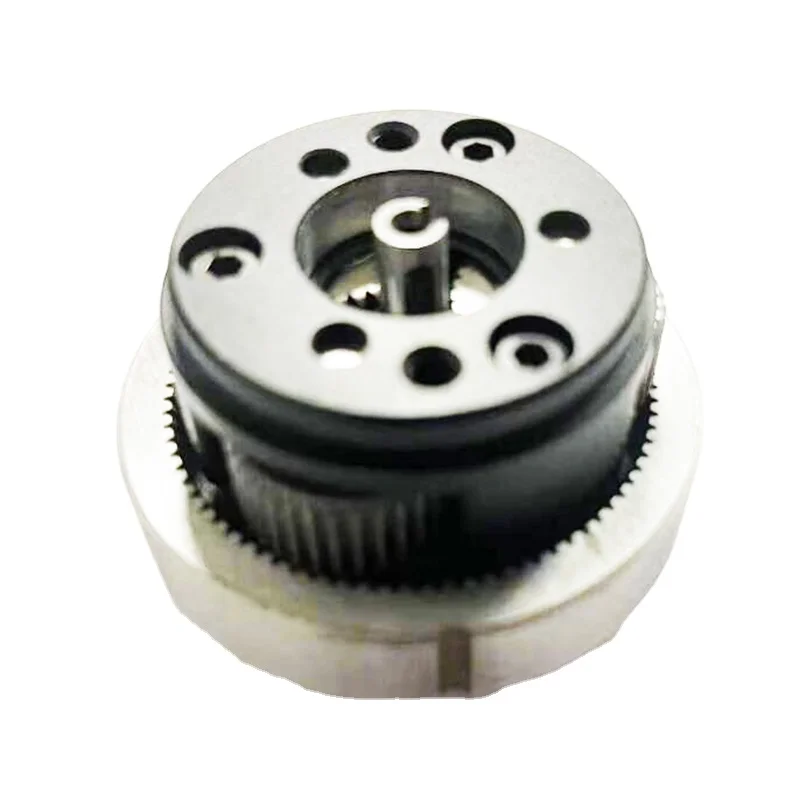How to Select the Right Shaft Material for Heavy-Duty Use
Shafts are vital components in a lot of equipment and appliances. They transmit power and motion from one component to another. When you are using machines heavily, choosing the right material for the shaft is very important. This makes sure it can withstand the worst of the worst and keep working great through out the years.
Why Shaft Material Matters
Selecting the correct material for a given shaft is critical to ensure heavy duty equipment will last and operate in a quality manner. The material can also impact how strong and durable the shaft is. Different materials also have different qualities, such as how strong they are or how well they can withstand wear and rust. Selecting the proper material can help prevent problems and extend the life of the equipment.
Considerations When Choosing Shaft Material
There’s a couple things to consider when choosing a shaft material for heavy duty tasks. One important thing is the amount of stress and load the shaft will need to support. Heavy-duty machines are often put under a lot of stress, and it’s crucial to choose material that won’t bend or break.
One more issue to consider is what the machine is going to be used in. If the machine will be in an area that can cause rust, you need a material that won’t quickly corrode or wear down. Also, factors such as heat, speed and lubrication can change what the best shaft material is for heavy-duty use.
Various Shaft Materials for Strength and Durability
Heavy duty jobs require different materials to construct shafts. Among the most common are steel, stainless steel and titanium. Different materials have unique properties that make them well suited for different jobs.
Steel is popular for shafts because it is strong, wears well and isn’t too expensive. It is easily molded and can be treated to become harder and stronger. Stainless steel is ideal for places where rust is an issue. It's extremely rust and corrosion resistant, ideal for extreme conditions.
Titanium is a worm gear and worm wheel relatively lightweight and strong material that is often found in high-performance jobs. It is highly resistant to rust, and withstands high heat and pressure. But titanium is also potentially more expensive than steel and stainless steel, which won’t be right for every application.
Tips for Selecting the Right Shaft Material
If you are trying to decide on a shaft material for heavy use, then you need to think about your needs. Calls to an expert in materials are said to be a good tip (2,1) They can guide you in the right material choice for the load, speed, heat and environment.
Also, consider what the material costs, and if it needs any additional worm and gear processing or finishing. It can be tempting to go as cheap as you can, but understand that sub-par materials can cause you more in maintenance and downtime down the road.
How to Ensure Your Equipment Lasts with The Correct Shaft Material
By choosing the right shaft material, you’ll help your gear last longer and perform at its best. A high-quality shaft material can ensure it would tolerate the demanding environment that heavy duty machine is subject to. It can also help prevent premature wear and breakage, reducing maintenance costs and downtime.
In summary, selecting the appropriate shaft material is extremely important when it comes to maintaining the strength worm and worm gear and durability of heavy-duty machines. By considering the stress, its environment and material features, you can come closer to the right material for you. Feel free to seek expert advice if you need help, and keep in mind that investing in quality materials now could save you time and money later. By selecting the proper shaft material, your heavy-duty equipment could serve you well for many years.
Comments
Post a Comment